
Nitzavim-Vayelech: Imperfect Truth and Perfect Faith
There are two paths in the service of the Creator — the first path is the righteous service of tzaddikim, and the second path is the contrite service of baal teshuvah...

Parshat Nitzavim-Vayelech
“Today you are all standing firmly before God your Lord … even your wood cutters and water drawers” (Devorim 29:10).
Woodcutters and water drawers refer to the simple, unlearned Jews.
* * *
The Baal Shem Tov was known to be particularly fond of simple, God-fearing Jews, and they in turn were his strongest supporters. Some of his closest disciples, who were typically great Torah scholars, could not understand the Rebbe’s fondness for these unlearned people. Even more so, they were often privately offended when the Baal Shem Tov sent them to learn traits such as unquestioning trust and simple faith in God, and the love of a fellow Jew from such people.
The custom of the Baal Shem Tov was that the guests who came to Mezhibuzh for Shabbat, joined him at the Friday night Tish (Rebbe’s table) and again the next day at the third meal during the twilight hours of Shabbat afternoon. The midday Shabbat meal was set aside for the “Chevraya Kadisha” – the holy brotherhood of close disciples of the Baal Shem Tov.
One Shabbat, a group of visitors, all simple Jews such as innkeepers, bakers, butchers, candle stick makers, woodcutters, water drawers and the like, were at the shul of the Baal Shem Tov. The Baal Shem Tov, as was his custom, showed special attention to these simple people, by inviting them to his Friday night Shabbat Tish at the shul. There he shared with them the Kiddush wine over which he sanctified Shabbat; pieces of challah over which he had made a blessing; and small pieces of fish from his plate.
The next day, the visitors ate the midday Shabbat meal at their lodgings, and then returned to the shul where they poured out their hearts in singing the praises and requests of Tehillim (Psalms). After the Baal Shem Tov took his place at the head of the long table for the midday Shabbat meal, he indicated where each of the disciples in the Chevraya Kadisha should sit. At the conclusion of the meal, he revealed secrets from the Torah that caused the disciple’s hearts to fill with spiritual delight. The disciples thanked their Heavenly Father for bringing them into his spiritual influence. But the hearts of a few disciples were clouded by judgment. “Why did the Rebbe show such favor to followers that could not even understand his teachings?” they thought.
At once the face of the Baal Shem Tov became very serious. In a quiet voice and with eyes closed, he said: “Our Sages teach, in a place where a baal teshuvah (penitent) stands, the most righteous man (tzaddikim) have no place. There are two paths in the service of the Creator — the first path is the righteous service of tzaddikim, and the second path is the contrite service of baal teshuvah. The service of ordinary people belongs to the second path, the level of the penitent — for they are of low spirit, regretting their imperfect past and striving to improve their future conduct.”
A quiet niggun (melody without words) began around the Shabbat table, and those disciples who had doubts as to the Rebbe’s conduct realized that he sensed their thoughts. Soon the niggun faded away and the Baal Shem Tov opened his eyes and looked deeply into the eyes of his disciples, one by one. Then he told them each to rest their right hand on the shoulder of their neighbor and start another niggun. After they had sung quietly for some time, he asked them to close their eyes. He then rested his right hand on the shoulder of the disciple who was seated at his right, and his left hand on the shoulder of the disciple seated at his left. The circle was closed. From that moment, the disciples heard the sweetest of melodies that carried the heartfelt requests of souls with them. “Ribbono shel Olam (Master of the World)!” said one voice, appealing to the Maker of the Universe in his own words, before going on to address Him in words used by Dovid HaMelech (King David) in the Tehillim: “Examine me, oh God, and test me; refine my heart.”
“Tayreh Tateh [Beloved Father]!” another voice stated before saying the verse from Tehillim. “Be gracious to me, O God, be gracious, for my soul trusts in You; and in the shadow of Your Wings will I take refuge.”
“Father!” came another cry; the holy brotherhood of learned chassidim trembled as they heard these innocent prayers. They shed tears from their closed eyes and envied the worship of these simple singers of Tehillim.
The Baal Shem Tov lifted his hands from the shoulders of the disciples, and the music disappeared from their ears. He instructed them to open their eyes, and again they sang a niggun together.
One of those present at that Shabbat table was Reb Dov Ber, later known as the Mezritcher Maggid. Years later he recounted the incident to his disciple, Reb Shneur Zalman of Liadi (the Alter Rebbe), and told him at that moment he experienced a more intense love of the Creator than he had ever before known.
When the singing had come to an end, the brotherhood remained silent and the Baal Shem Tov sat with his eyes closed in a trance of dveikut (cleaving to God). Then he looked up at his chassidim and said: “The music that you heard was the singing of verses from the Tehillim from the bottom of the hearts of the simple people. Think of this: We are each a body, which is not a thing of truth, and a soul, which is truth — and even at that, the soul is only part of the Whole. Being imperfect truth, we are called ‘sfat emet,’ – ‘the lips of truth,’ – a mere hint of truth. Nevertheless, even when we are able to recognize and sense truth, we are overwhelmed by it. The Almighty treasures the humble words and blind faith of the Tehillim of these simple people, whose praise transcends their limited understanding.”
“For a long time thereafter,” the Mezritcher Maggid told Reb Shneur Zalman, “I was distressed about my doubts as to the Rebbe’s closeness with simple people. I had undertaken various fasts to rid myself of this past guilt, but could find no rest.
Then one night, I saw a vision in a dream that brought peace to my soul. In one of the Heavenly palaces in Gan Eden (the Garden of Eden), a group of young children were sitting around a table learning Chumash. At the head of the table sat their teacher — Moshe Rabbeinu (Moses our teacher). The children were studying the passage that speaks of the seeming disbelief of the Patriarch Avraham (Abraham) when he was given the Divine promise that in their old age, he and his wife would have a child. One of the children read aloud the verse in the Midrash: “And Avraham fell on his face, and laughed and said in his heart, ‘Shall a child be born to one that is a hundred years old?’”
The Maggid explained: How could our forefather Avraham possibly doubt that the Almighty could give a child to a hundred year old man? Because even the loftiest of souls exists within the natural order of the world, and within a simple human body. When the Maggid heard that by simply existing within a physical body a person could experience doubts that arise of them, he was no longer troubled by his earlier misgivings about the Rebbe’s conduct. At long last, his soul was at rest.
And so it was.
***
Tzvi Meir Cohn attended Yeshiva Hadar Hatorah in Crown Heights, Brooklyn after completing his university studies in Engineering and Law. While studying at the Yeshiva, he discovered a deep connection to the stories and teachings of the Baal Shem Tov. His many books about the Baal Shem Tov can be found in the Breslev Store. He can be contacted at howard@cohnpatents.com.






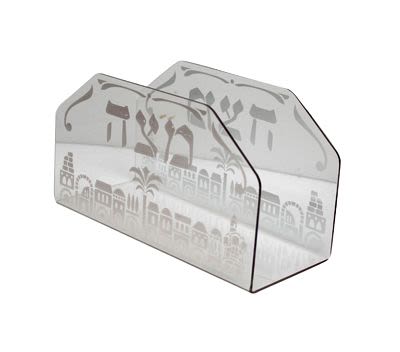
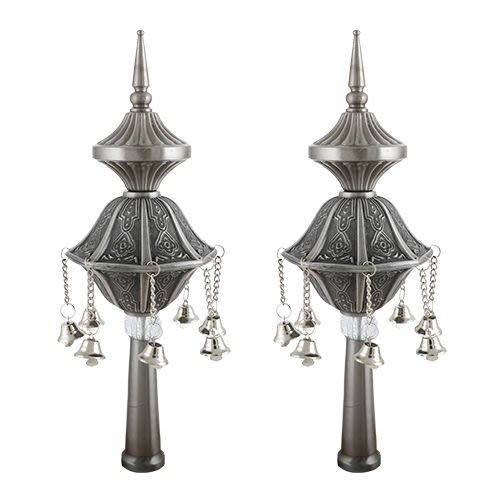
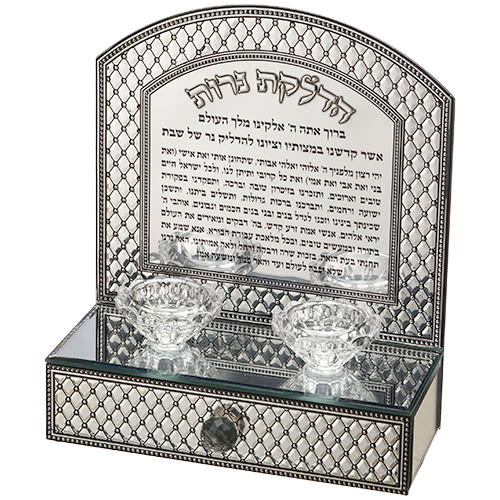
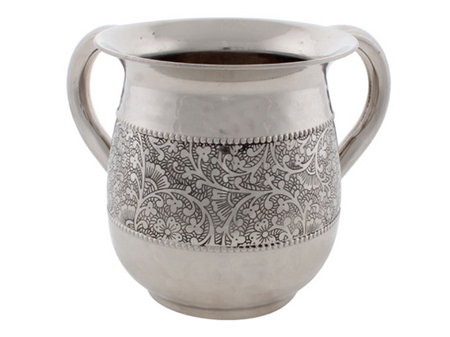
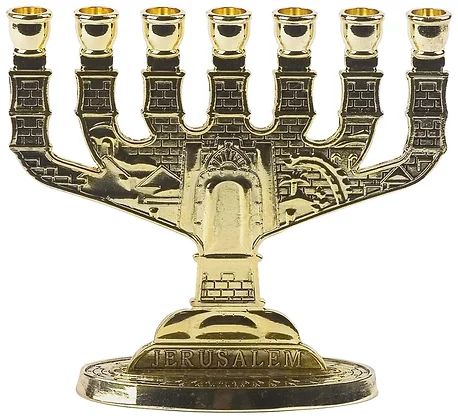
Tell us what you think!
Thank you for your comment!
It will be published after approval by the Editor.